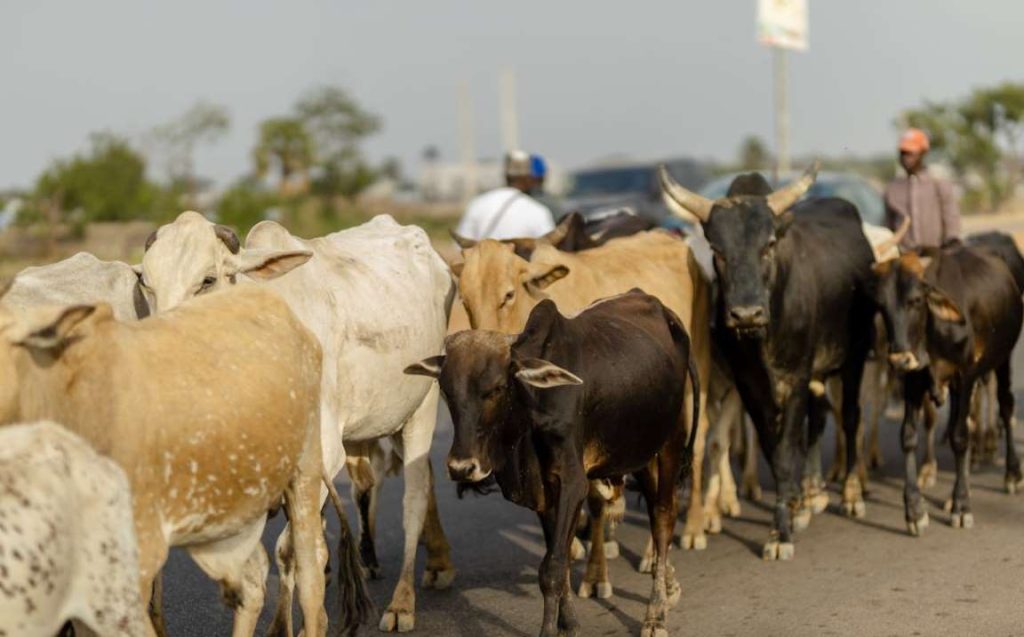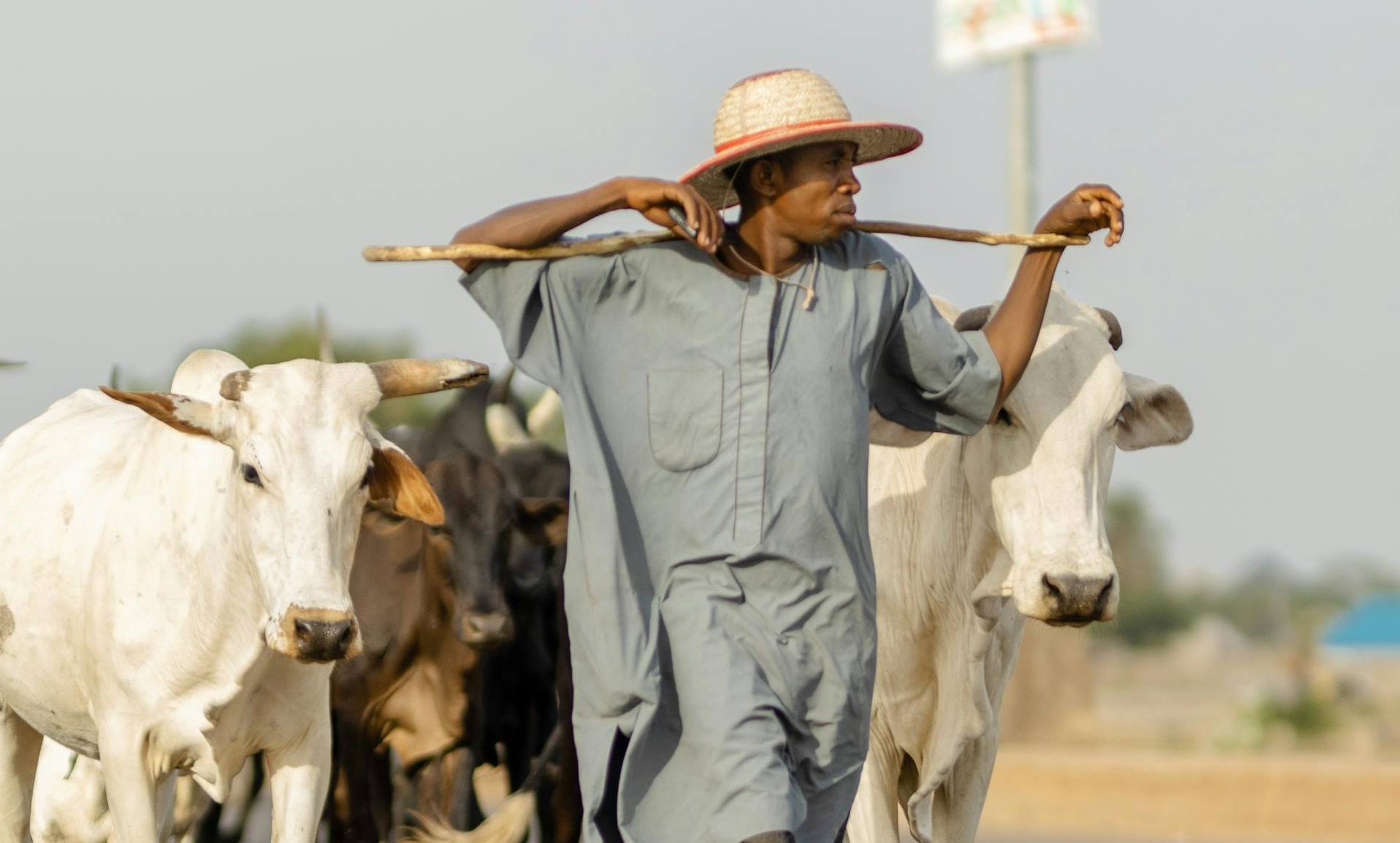Once confined to the fields of Nigeria’s North Central, the herder-farmer conflict has now expanded beyond its original theatre, dragging new regions and countless lives into a vortex of violence. From the bloodied ridges of Benue to the creeping anxiety in the forests of Edo and Ondo, what began as localised grazing disputes has evolved into a national emergency. It is no longer a rural problem, it is a threat to Nigeria’s food security, national unity, and democratic survival.
At the heart of this crisis is a painful convergence of climate, demography, and governance failure. Desertification and environmental degradation in northern Nigeria have steadily dried up grazing lands, pushing Fulani herders south in search of pasture. But they have not moved into empty spaces. They have encountered settled farming communities already strained by growing populations and shrinking resources.
The result is a bitter contest for land –one that has become more brutal with every passing year.
“What were once minor clashes mediated with sticks now involve AK-47s and military-grade firearms,” a report by SMB Intelligence notes, “enabling systematic violence, including crop destruction and land appropriation.”
This militarisation of what was traditionally an agricultural tension has turned fertile farmlands into battlefields. Traditional conflict resolution mechanisms, once robust and rooted in communal negotiation, have collapsed. In their place are firearms, retaliatory raids, and cycles of vengeance.
In the core states of Benue, Nasarawa, and Plateau, the devastation is immense. Benue alone hosts over 300,000 displaced persons in overcrowded camps, while more than 2.2 million people are displaced across Nigeria. These figures are not just statistics—they represent farmers unable to tend their crops, children pulled from school, and communities hollowed out by fear.
“Nigeria’s food security hangs in the balance,” the report warns, “as the Middle Belt’s agricultural output plummets, exacerbating inflation.”
That warning is no exaggeration. The Middle Belt feeds much of Nigeria. When its crops fail due to violence, the ripple effect is felt from Lagos to Maiduguri—in surging food prices, empty market stalls, and increased reliance on imported staples.
The conflict has metastasised further, intertwining with banditry, kidnapping, and criminal networks. In some areas, local collaborators have allegedly aided attackers, driven by financial incentives. This complicity corrodes trust within communities and makes state intervention even more difficult.
Yet, government efforts remain woefully inadequate.
The National Livestock Transformation Plan (NLTP), once hailed as a comprehensive response, remains stuck in bureaucratic inertia. Anti-open grazing laws have either lacked teeth or have been politically weaponised. Security operations offer only fleeting relief, often withdrawing just before violence re-emerges.
The spectre of ethno-religious politicisation looms large. Accusations of “Fulanisation”—a belief that the federal government tacitly supports Fulani expansionism—have poisoned the national discourse and widened old fault lines.

So what can be done?
The pathway forward must be multidimensional:
- Urgent land reforms to define grazing and farming zones with legal clarity;
- Robust arms control, including serious crackdowns on the trafficking of military-grade weapons;
- Climate adaptation programmes that rebuild lost pastures and offer alternative livelihoods;
- And most importantly, depoliticised, inclusive dialogue that includes farmers, herders, traditional rulers, women, youth, and civil society actors.
Time is running out.
“With attacks spreading southward and displacement figures rising yearly, Nigeria faces a narrowing window to prevent this pastoral conflict from becoming an irreversible national catastrophe,” the report concludes.
Let this not be another report buried beneath bureaucracy. Let it be a wake-up call. Nigeria’s unity is not just about elections and constitutions –it’s also about the right of farmers to plant in peace, of herders to graze without fear, and of children to grow up in a nation where hunger and bullets do not share the same field.
The choice is stark: reform or rupture. Dialogue or disintegration. The grass wars must end before the harvest fails forever.


 Trending
Trending 